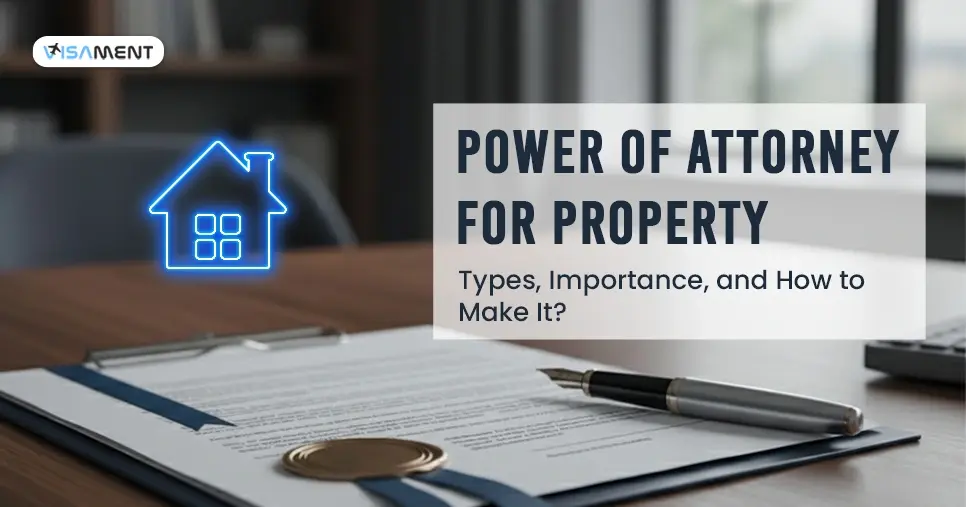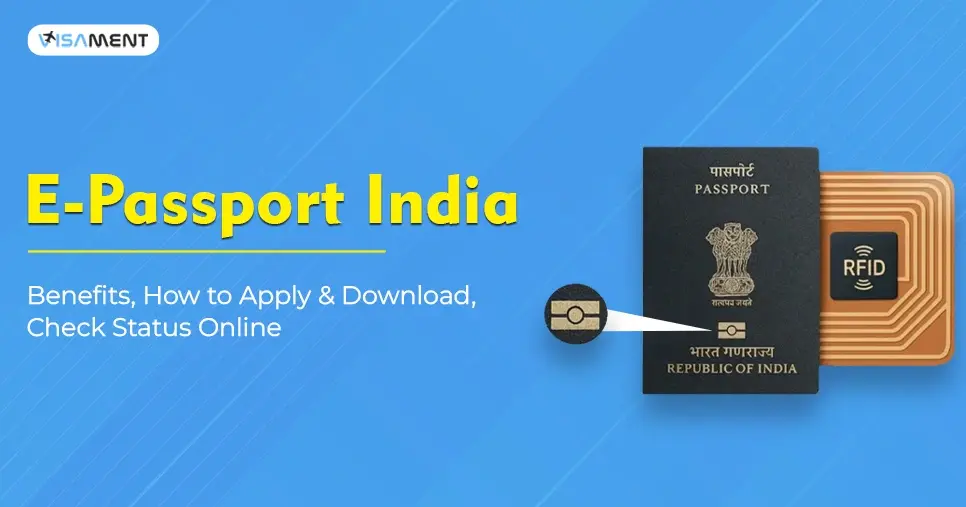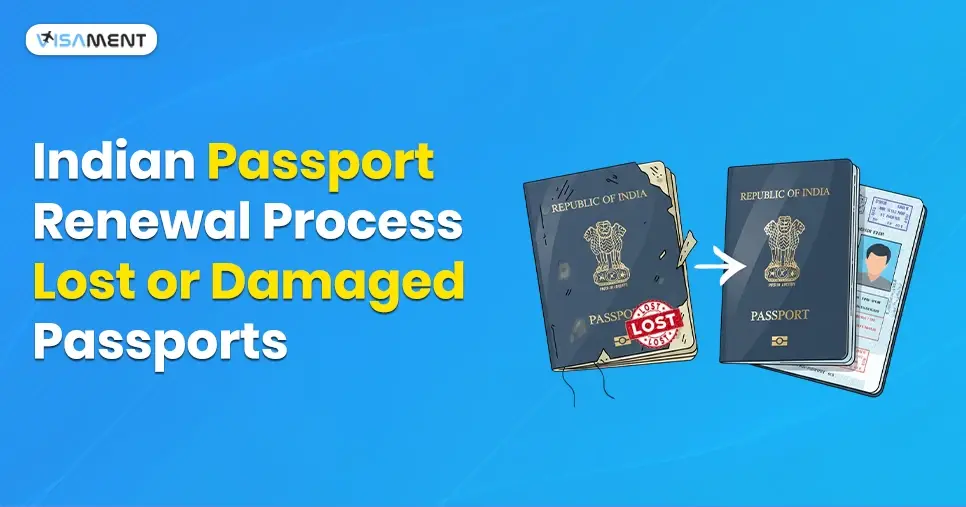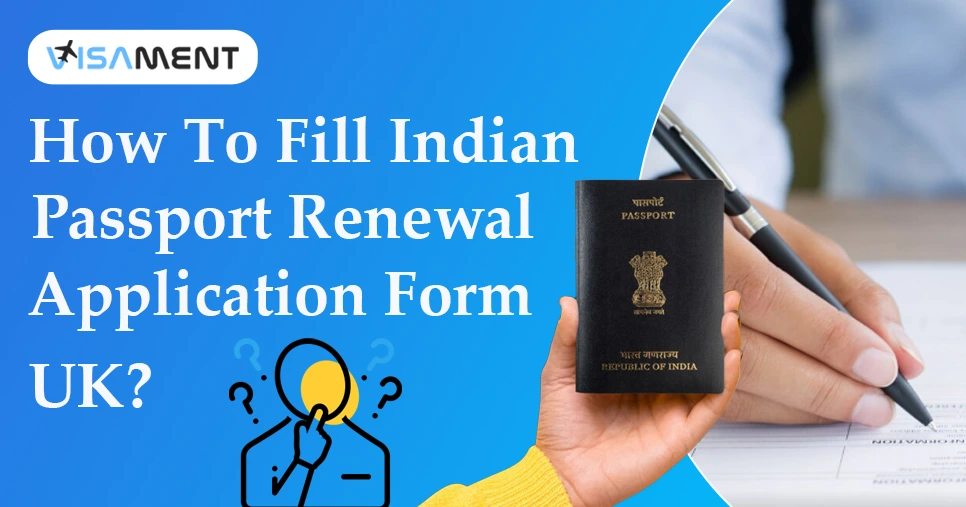- Types of Power of Attorney for Property?
- Importance of POA for Property Transactions
- How to Draft a POA for Property?
- Format of Power of Attorney for Property
- Registration Process of Power of Attorney
- Importance of POA Registration for Legal Validity
- Things to Keep in Mind When Making a POA
- How to Revoke the Power of Attorney?
- Choose Visament for the NRI Services
A power of attorney is a legal document that authorizes a person, known as the agent, to manage or take action on behalf of the property owner, known as the principal. This POA encompasses various duties, including selling, buying, managing, leasing, and other property-related work. The POA is drafted according to the needs of the principal.
For example, "Power of attorney for NRI to buy property in India" is drafted when an NRI wants to buy property in India, but they cannot be available at the location, so they appoint a NRI POA to take action on property transactions. The same applies to the other case, where an NRI wants to sell their property; in such a case, they should draft a "Power of Attorney for NRI to sell property in India."
Types of Power of Attorney for Property?
Each type of POA has its own characteristics and serves a unique purpose. Choosing the appropriate POA type for your property is very important to meet all the requirements. Here are the types of POA:
1. General Power of Attorney (GPA)
This provides the agent with the authority to perform multiple tasks related to the principal's or NRI's property, such as managing, selling, or leasing. This POA ends when the principal becomes incapacitated.
2. Special Power of Attorney (SPA)
This POA provides authority to the agent for a single, defined task. For example, it can be used for the sale of a particular property or to handle a specific transaction.
3. Durable vs. Non-Durable POA
- Durable POA ensures the continuity in decision-making because it is not affected even if the principal becomes incapacitated.
- Non-durable POA is effective only till the mental and physical health of the principal is good.
4. Revocable vs Irrevocable POA
- A revocable POA allows the principal to withdraw the authority given to the agent.
- An irrevocable POA allows the agent to retain the authority until the task is completed or the purpose is fulfilled.
Importance of POA for Property Transactions
The power of attorney for property is extremely helpful in managing property renovations, especially for NRIs who cannot be physically present at the location. This legal document serves as a tool for providing flexibility and clarity in transferring authority to a trusted individual. The benefits of a POA include:
- It facilitates property transactions, including buying, selling, or leasing property.
- It helps support NRIs or individuals living in foreign countries in managing their property transactions.
- It helps protect interests during legal complexities and disputes.
- It ensures that your legal and financial matters are being handled on time.
The format of the power of attorney should be right because it ensures that it is legally binding and clarifies the roles and responsibilities of all the parties.
How to Draft a POA for Property?
It is essential to draft a power of attorney for property that covers all legal and operational aspects. Drafting this document requires clarity and precision. A well-drafted POA always provides the right authority to the agent as well as safeguards the principal's interests. Here are the steps to systematically draft a document that meets all the legal requirements:
- Step 1: Determine the type of power of attorney.
- Step 2: Be clear about your requirements.
- Step 3: Based on those requirements, identify which type of POA is needed, such as general, special, durable, revocable, non-durable, or irrevocable.
- Step 4: Clearly mention the personal details, such as names, addresses, and identification numbers, of both the principal (owner) and the agent (the individual authorized).
- Step 5: Clearly define the scope of authority for the agent. You have to specify the tasks that the agent is authorised to perform. It includes sales, leases, property management, or legal proceedings.
- Step 6: Clearly mention the validity of the power of attorney for property, whether the document is for an indefinite period, for a specific period, or until the assigned task is completed.
- Step 7: Mention all the legal clauses and safeguards to protect the principal. If in the future, the agent misuses the powers, then the principal should have the authority to revoke the POA. The principal can also set a limit on the decision-making powers of the agent.
- Step 8: Make sure that the principal and the agent sign the document in the presence of the witnesses. It should include all the names, addresses, photos, Aadhar card, PAN card, and any other important details.
- Step 9: Authenticate the document by notarizing it. It will make the document legal and more powerful.
Format of Power of Attorney for Property
A clear and detailed power of attorney format makes sure that the document is legal and easy to interpret. Here are a few key elements to include:
- Heading and Title: Make sure to clearly mention the title at the top of the document. In this case, it should be "Power of Attorney for Property."
- Personal Details: Include the personal details of the principal and agent, such as names, contact details, and identification numbers ( like PAN Card number or Aadhaar number).
- Property Description: Provide the correct details of the property, like its location, size, registration number, etc.
- Scope of Authority: Mention the specific actions that the agent is authorized to take, like selling, buying, leasing, or managing the property.
- Duration of Authority: Clearly mention the duration and the event that will cause termination of the POA.
- Legal Clauses: Add the legal clauses about revocation rights, agent's obligations, etc.
- Signatures and Witnesses: Leave space for the signatures of the principal, agent, and witnesses. The date and place of execution should be mentioned on the document.
- Notarisation Clause: Leave some space for the notary seal and signature.
Registration Process of Power of Attorney
Registration of a POA is an important process because it ensures the legal validity of the POA and protects both parties. The step-by-step registration process is given below:
- Prepare the document: You have to first draft the document in the right power of attorney format. It should contain all the necessary details and clauses. You have to make sure that it follows all the legal requirements based on the jurisdiction.
- Visit the Sub-Registrar's Office: Both the agent and the principal have to visit the office of the sub-registrar in the area where the property is located ( for NRIs) or the principal resides.
- Submit the required documents: You have to submit all the necessary documents to the office, such as the drafted POA, property documents (if necessary), passport-sized photographs of all the parties, and Identity and address proof of both the principal and the agent.
- Pay the applicable Stamp duty: You have to pay the required fee at the sub-registrar's office. Keep in mind that the stamp duty can vary from state to state.
- Sign in the presence of the Sub-Registrar: The agent and the principal have to sign the documents only in the presence of the sub-registrar. The witnesses may also have to sign the documents there.
- Receive the Registered Document: After verifying your document, the sub-registrar will stamp and return your document. Make sure that you keep a certified copy for your records.
Importance of POA Registration for Legal Validity
In matters of property transactions, it is important to register the power of attorney. It ensures the legal validity of the document, and it also safeguards the rights of the principal and the agent. It ensures that there would be no misuse of the powers given to the agent, and everything should be according to the written POA.
It is also important in preventing disputes because it is a legal document that gives proof of the agent's authority. Without registration, the POA is not legally valid, and it can be challenged in court or government offices, which can lead to complications or delays in property dealings.
Things to Keep in Mind When Making a POA
When making a Power of Attorney, there are certain important things that you should keep in mind:
- You have to be specific about the task that an agent is authorised to perform. It will help to avoid the misuse of power.
- You have to select someone reliable and trustworthy because they will be handling the important tasks on your behalf.
- You have to choose the right type of POA based on your needs for property transactions, such as GPA or SPA.
- Make sure that the document has all the necessary signatures and details, and they are duly registered and authorised.
- Different states have unique rules and requirements for POA registration and its validity. So, follow all of them to avoid legal issues in the future.
- You should clearly mention the circumstances under which the POA will be revoked.
How to Revoke the Power of Attorney?
The India Power of Attorney can be revoked to terminate the authority of the agent. Revocation becomes necessary in case of misuse or the completion of the assigned task. If the principal wants to take control back, then here are the steps to revoke the power of attorney:
- Step 1: Draft a Revocation document: Mention the intent to revoke the POA, along with all the details of the original documents.
- Step 2: Notify the Agent: Inform the agent about the revocation in a written manner.
- Step 3: Register the Revocation: In case your POA was originally registered, then it is necessary that your revocation should also be registered with the presence of a sub-registrar.
- Step 4: Inform Third Parties: You have to notify the relevant authorities about the revocation, such as banks or property registries. It is important to make sure that the agent can no longer act on your behalf.
- Step 5: Keep a copy for records: Ensure to keep a certified copy of the revocation with yourself for future reference.
Choose Visament for the NRI Services
After reading the blog till the end, you must have understood the concept of power of attorney and how you can draft and authorise it. These e-services are really helpful for the NRIs because they cannot be present at the location, so they can give power to an trusted individual to take charge on their behalf.
For other NRI services, you can visit Visament. Our platform provides different kinds of services regarding passports, visas, OCI cards, etc. We also provide specifically tailored services to the NRIs. Our team of experts works 24/7 to help each of our clients and provide them with the best solution.
Frequently Asked Questions
Yes, an NRI Power of Attorney can be used to sell the property in India while the NRIs are still staying abroad.
The Power of Attorney Validity for property depends on the time mentioned in the document or until the principal revokes the POA. If the principal becomes incapacitated, then the durable POA remains valid, but the non-durable doesn't.
A General Power of Attorney (GPA) in property allows the agent to act on behalf of the principal in matters of buying or selling property and transferring real estate with the specified authorities.
The process of writing a power of attorney for property is as follows: Determine the type of POA, Know the principal's requirements, Identify which POA is needed based on the requirements, Mention the details of the principal and the agent, Define the scope of authority for the agent, Mention the Power of Attorney Validity, Include the safeguards and legal clauses to protect the principal, The principal and the agent should sign the documents in the presence of the witnesses, Lastly, get the document notarised.
If you want to give the power of attorney to someone, then draft the document on stamp paper, sign it in front of two witnesses, and make it notarized for authentication.
Yes, an NRI can buy property in India without the Power of Attorney. They can make the purchase remotely and appoint a resident Indian to act on their behalf.











